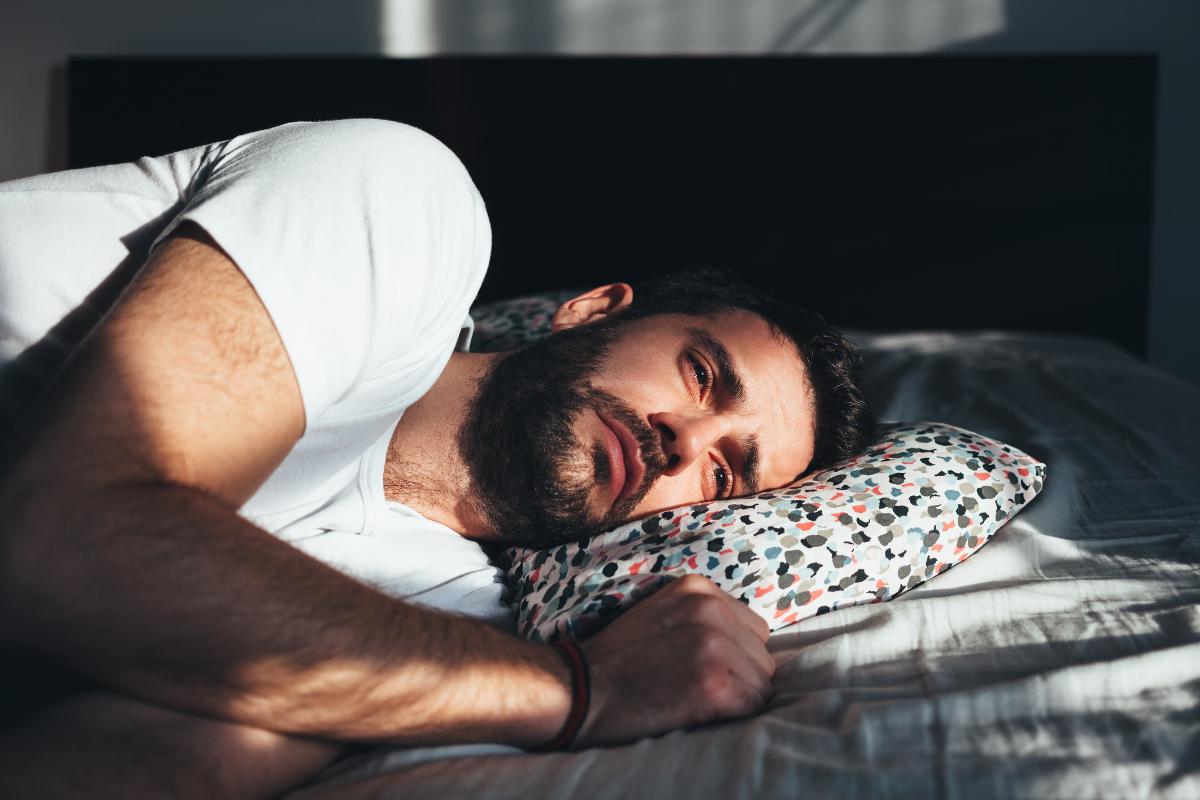Depression In Men
Men want to believe that they are emotionally stable and capable of standing up for themselves. When we feel hopeless or overwhelmed by sadness we often deny it or try to cover it up. Depression, however, is not a sign of emotional weakness or a failure of manhood; rather, it is a normal problem that affects many of us at some point in our lives.
Millions of men of all ages and walks of life suffer from depression, as do their loved ones who care about them. Of course, it’s natural for everybody to have feelings of sadness occasionally. Depression is a common response to life’s inevitable failures and disappointments. However, when a man is depressed, his thoughts, feelings, and ability to go about his regular life are all affected. It can disrupt your social life, your ability to get good rest and eat well, and your ability to take pleasure in life in general. Extreme depressive episodes might last for days on end.
Because many of us men have trouble opening up about our emotions, depression in males is often disregarded. Instead, we frequently look at the physical manifestations of depression in men, such as aches and pains, insomnia, and erectile dysfunction. There may be dire implications if the underlying depression is not treated.
Help for depression is especially important for males because they are four times more likely to commit suicide than women when they are feeling hopeless. Share your thoughts and feelings openly with someone you trust, such as a friend, family member, or doctor. Depression in men is treatable and manageable, and it can be prevented if caught early enough.
Male Depression Symptoms, Signs, and Causes
When compared to women, men are less likely to recognize the signs of depression. Men are more likely to act in ways that betray their true emotions rather than admit they are struggling. Men are more likely than women to experience “stealth” depression symptoms like anger, substance abuse, and agitation in addition to the classic symptoms of depression like depressed mood, loss of interest in work or hobbies, weight and sleep disturbances, fatigue, and concentration problems.
There are three warning signals of depression in men that are often disregarded:
Ache in the flesh: Depression in men might manifest in ways that are difficult to treat medically, such as backache, recurrent headaches, sleep issues, sexual dysfunction, or gastrointestinal illnesses.
Anger: The symptoms may include anything from a loss of patience and humor to road rage and physical aggression. Some males develop abusive or possessive tendencies.
Careless actions: Men with depression are more likely to engage in risky activities including dangerous sports, reckless driving, and unsafe sex as a means of escape. It’s possible that you have a problem with alcohol, drugs, or gambling.
Also Read:
Male Depression: Causes And Risk Factors
Male depression has numerous potential origins. Lifestyle, relationships, and coping mechanisms all have a role, as do biological, psychological, and social elements.
While any male is at risk for developing depression, several characteristics increase that risk.
- Lack of social connections and companionship
- Ineffective coping mechanisms Substance abuse or alcoholism
- Abuse or neglect in early childhood
- Aging alone with limited opportunities to interact with others
- The link between depression and erection problems
- Erectile dysfunction (also known as impotence) is a common
- The problem among males has been linked to both depression and the use of antidepressants.
Nearly twice as many men with erectile dysfunction as those without suffer from depression.
Erectile dysfunction is more likely in people who are depressed.
Unfortunately, many men with depression fail to seek help for their condition because they fear that doing so will reflect negatively on their manhood.

